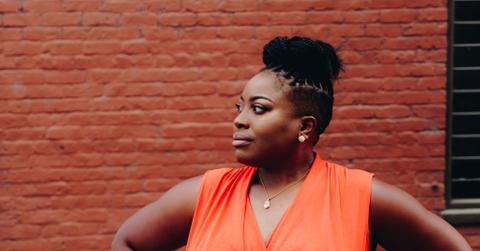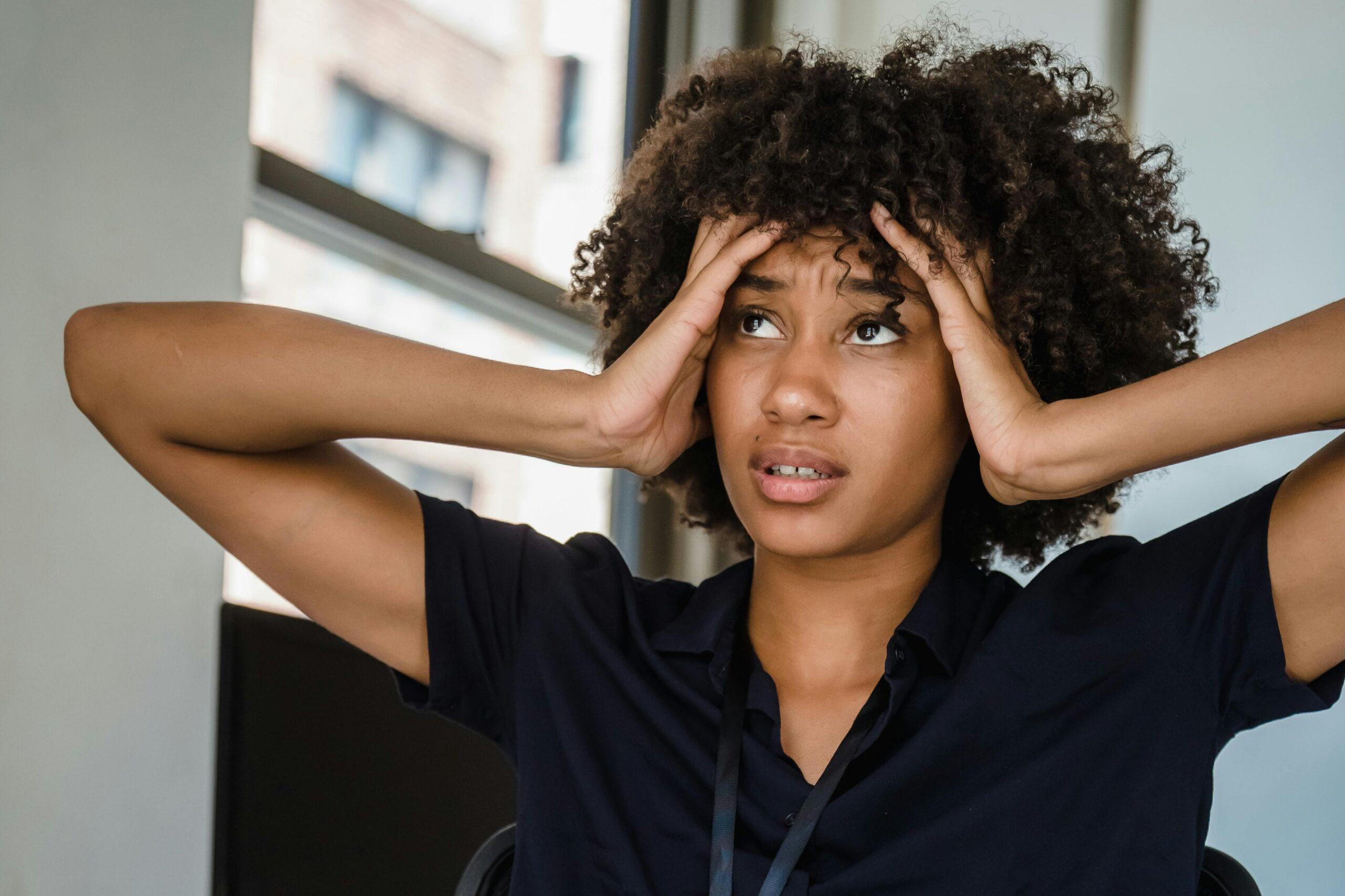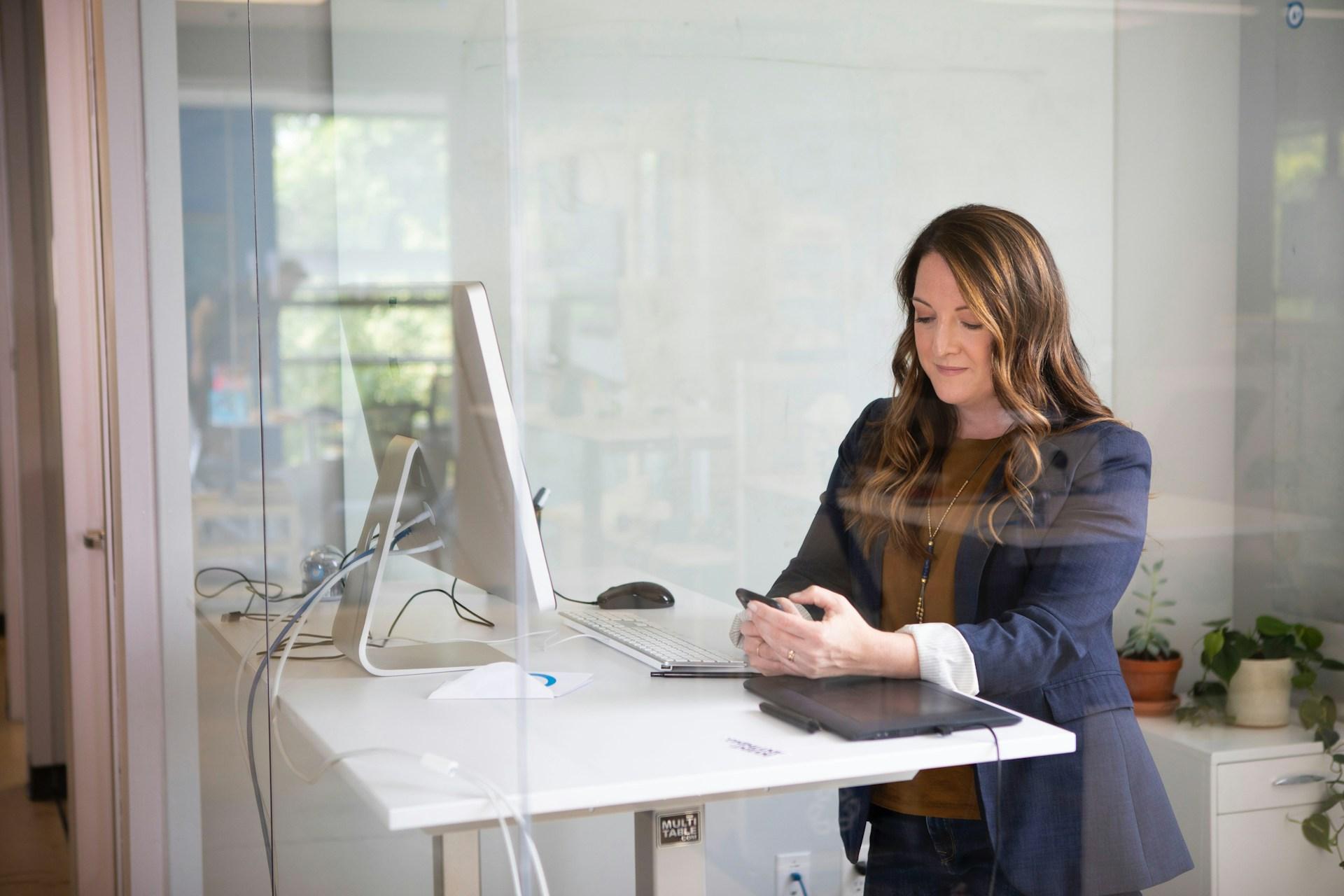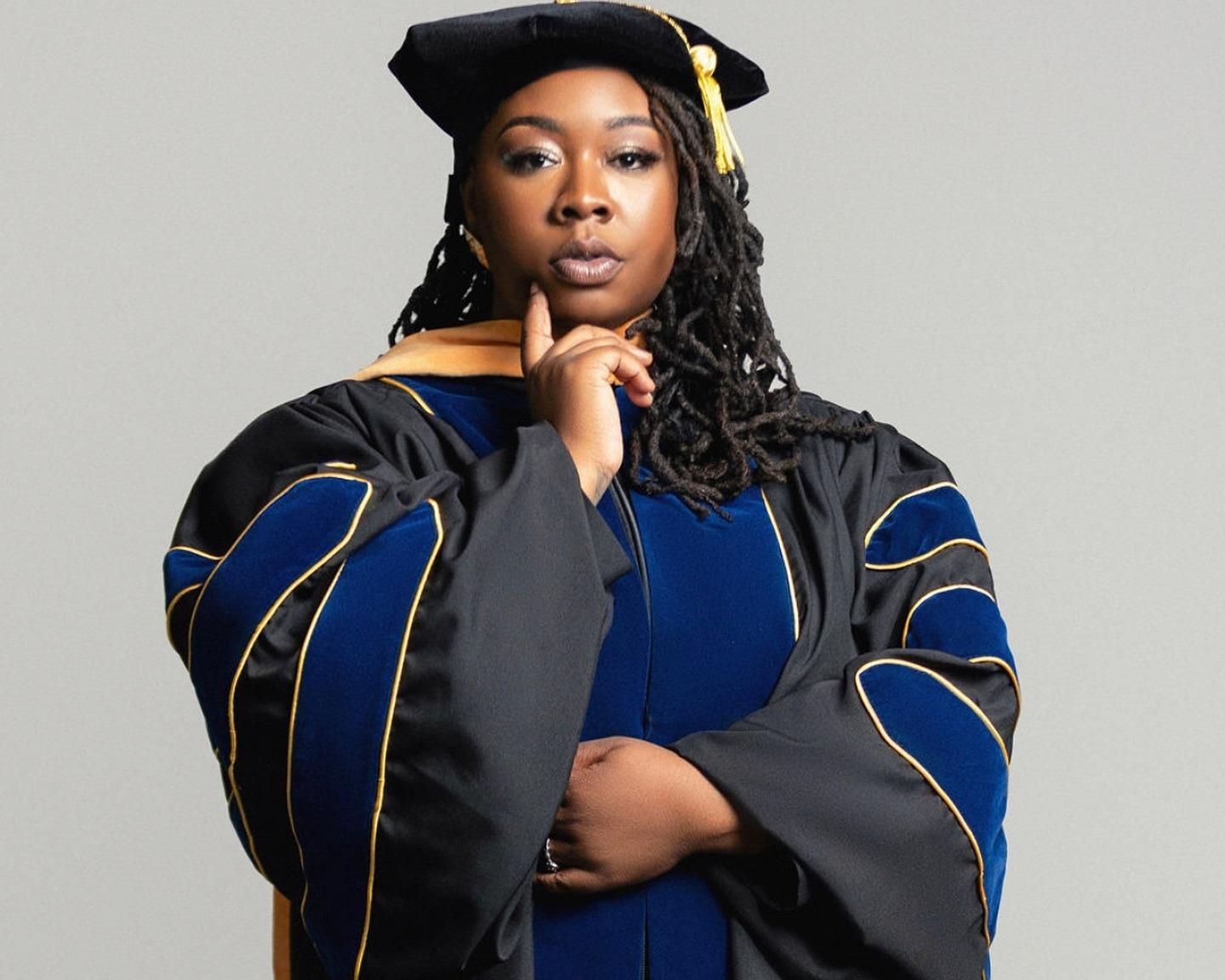Why Women’s Equality Day Is Needed Now More Than Ever

In the United States, Women’s Equality Day is August 26, a date selected to commemorate the 19th Amendment. The 19th Amendment was passed by Congress on June 4th, 1919, and ratified on August 18th, 1920, as the first step towards women’s equality and serves as a staple for our foundation to fight all inequality in America.
Women suffrage leaders, Susan B. Anthony and Elizabeth Cady Stanton believed that women should have the right to vote in America and we’re even arrested for trying to, and so they pushed to have the amendment passed. It was because of their sacrifices and courage, women in our country can vote today. The 19th amendment did guarantee all American women the right to vote, however, at that time this did not truly include everyone.
Not all women could vote, as people of color didn’t receive this privilege until much later. Over the last 100 years in America, we are reminded of this precedent time every August, in celebration of the day our country decided to finally start recognizing women’s equality.
Now in 2017, the post-suffrage movement, post-civil rights and desegregation era, our country continues its efforts towards progression. Fighting towards equality means supporting each other no matter what race or gender. We need our male counterparts to work even harder to support us and uplift us. Although women are exercising their right to vote and are more likely to vote than men, there are still few women in politics, as only 105 women hold seats in congress. With gender biases and stereotypical gender roles still in place, the women’s equality movement is continuing to achieve some of its firsts. Hillary Clinton was the first woman to officially run for office during the 2016 presidential election and was the first female Democratic candidate. Although she didn’t win, is this suggestive of the state of inequality in our country? Perhaps.
Is it possible to empower women to do the job, if we’re not actually letting them have it? Women are indeed coming into more positions of power, but the playing field still seems unevenly skewed. Sallie Krawcheck says she’s over the women’s empowerment movement, for this very reason. She argues that in order for women to be empowered, power must be given to them. Last year, USA Today revealed women are viewed as equal, holding more positions of power, and being celebrated through creating change, but closing the gender gap remains. Equal pay is still needed and gender equality is still a worthy fight.

Are we really equal? The answer is no. Instead, it’s as if we, as women, are appeased with the satisfaction of doing a man’s job without attaining the proper equal pay, privilege, and title that comes along with the responsibilities. A few years ago, the New York Times covered a study suggesting that women were more likely to be taken seriously and more competent at work if they wore makeup. Looking the part, and playing the part means added pressure in this country as a woman, even with the qualifications and proper credentials. With an education to match, there’s still a chance that a male colleague is making more money.
There continues to be a conversation about the work ethic women must commit to in being doubly educated, qualified, and trusted to be equal to their colleagues and peers. The twitter hashtag #WomenWithDegrees begun to ignite online conversations to showcase, that women are educated and qualified, and more specifically that Black women continue to be the most educated group in America, yet they remain underpaid. White women earn around 80 cents for every dollar a man makes, whereas Black women only make 63 cents.
Showing up at work and not being afraid of gender bias is our battle within this war on inequality. Now, there are many companies joining the initiative in cultivating a fair workplace, not just in being named best places to work but also in their commitments to equal pay. Women’s Equality Day is needed now more than ever in America as a reminder of how much more progress we have left to accomplish. We’ve done some work, but there is still so much to do in our country and around the world. Our fight as women continues.






